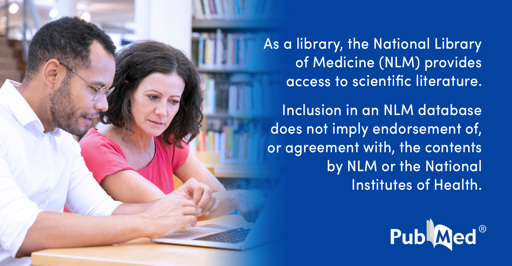- cross-posted to:
- ketogenic@dubvee.org
- cross-posted to:
- ketogenic@dubvee.org
bioRxiv [Preprint]. 2025 Nov 1:2025.10.29.685375. doi: 10.1101/2025.10.29.685375.
ABSTRACT
Colorectal cancer (CRC) is a leading cause of cancer mortality and additional preventative, and therapeutic strategies are urgently needed. Ketogenic diets have mixed effects on tumorigenesis and compliance is challenging. Exogenous ketones, β-hydroxybutyrate (βHB) or acetoacetate (AcAc), offer an alternative approach. While βHB has been investigated, the anti-cancer effects of AcAc are poorly defined. Here, we show that orally administering ethyl AcAc (EAA) suppresses tumor growth in several pre-clinical CRC models. Single-cell RNA sequencing, flow cytometry, and genetic and antibody-mediated depletion studies reveal that EAA selectively expands and activates cytotoxic mucosal-associated invariant T (MAIT) cells in an MHC class I-related protein 1 (MR1)-dependent manner. EAA increases MR1 expression by tumor monocytes, which is recapitulated in human cell cultures, where AcAc and 5-amino-6-D-ribitylaminouracil (5-A-RU) induce MAIT cell expansion and tumor killing. Mechanistically, AcAc converts to methylglyoxal, combining with microbially-derived 5-A-RU to generate 5-(2-oxopropylideneamino)-6-D-ribitylaminouracil (5-OP-RU), a potent MR1 ligand. These findings identify an AcAc-MR1-MAIT cell axis as a potential immunotherapy approach for CRC therapy.
PMID:41279095 | PMC:PMC12636443 | DOI:10.1101/2025.10.29.685375
From ketogenic via this RSS feed


